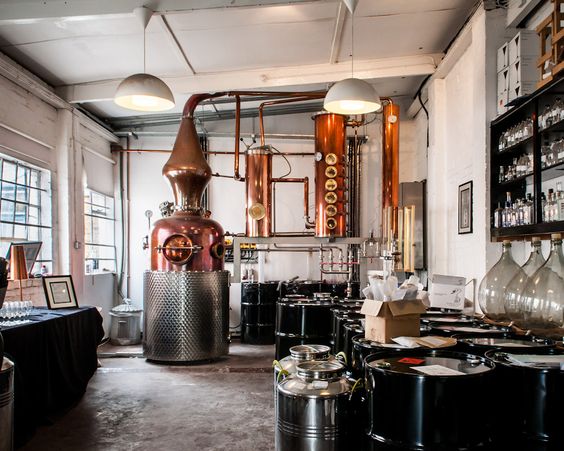Craft distilleries in South Africa are having a moment. But just because you’ve figured out the perfect recipe for your artisinal whiskey doesn’t mean you can start selling it. There are three levels of red tape craft distillers have to get past — National, Provincial and Municipal, covering Liquor, Tax and Agricultural Legislation. Many rules are time-consuming, and often non-existent.
Currently South Africa has 53 small Commercial Spirit Producers which SACDI would classify as “Craft”, with another 47 in the pipeline.
The reason for the growth, says Hendre Barnard, the Secretary Pro Tem of the South African Craft Distilling Institute, is partly due to consumer behaviour, with consumers showing renewed appreciation for local products, with traceable origins, owner operated, small batch production and uniqueness. In addition, owning and operating a Craft Spirit Production facility, although it has its challenges, can be extremely lucrative. This is especially true for farmers looking to diversify or exploring alternative income sources.
When opening a craft distillery, it’s important to understand the sheer amount of hurdles people have to face to get off the ground. This Craft Distillery Business Planning Workshop is a good place to start.
After reading this, you’ll have a better understanding of what craft producers have gone through to get that gin into your hands.
Are you a craft distiller? Consider becoming a member of The Southern African Craft Distilling Institute (SACDI) – a private, independent organisation, with the express goal to develop and support the Craft Spirit Industry in South Africa.
Be part of the Craft Movement
Don’t miss the upcoming SACDI Conference, taking place in Centurion on 1 & 2 November 2016. Click here for more information.




